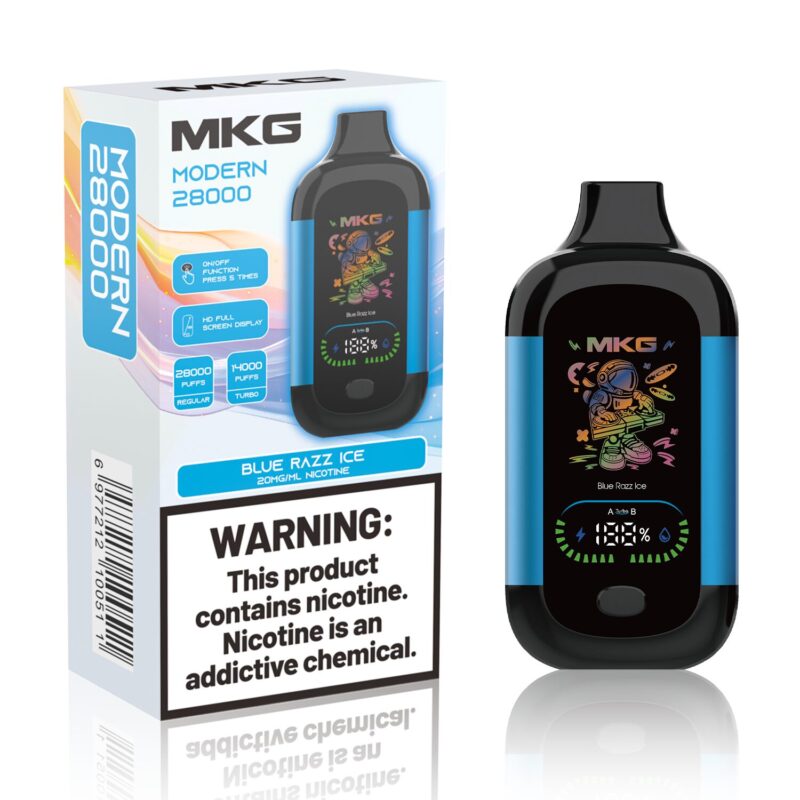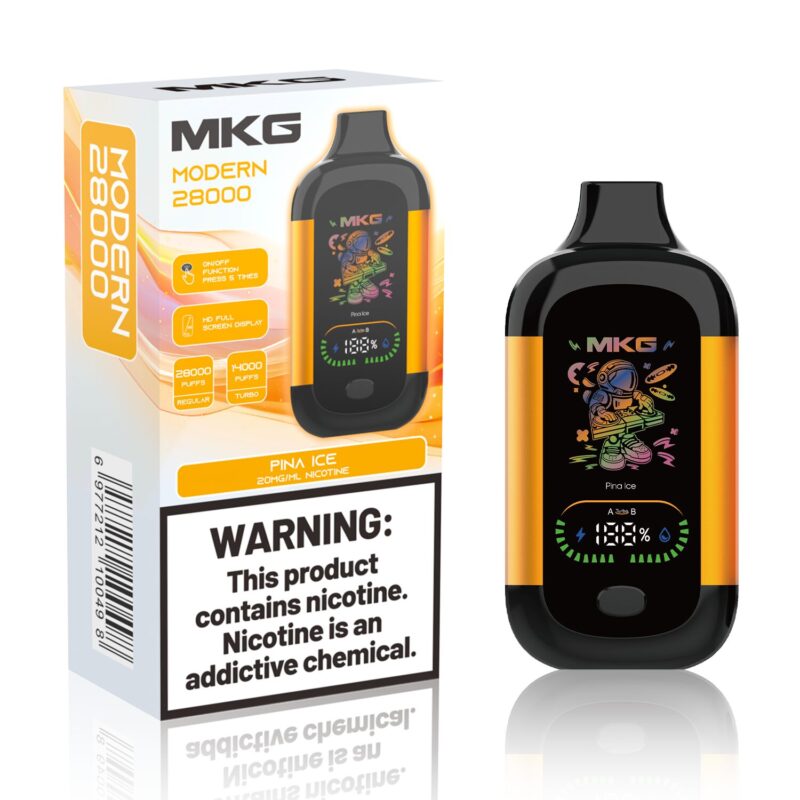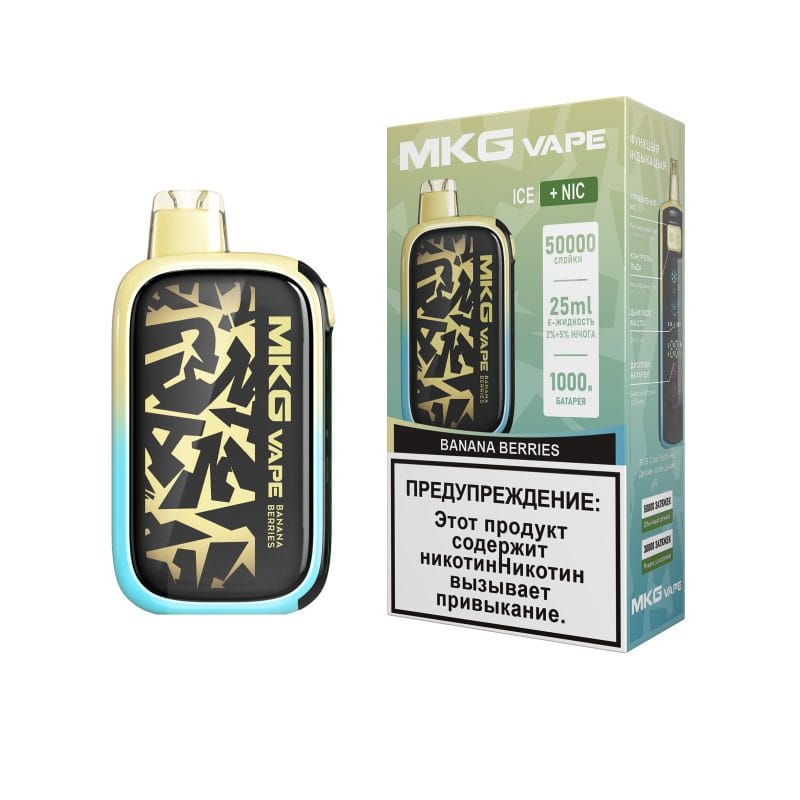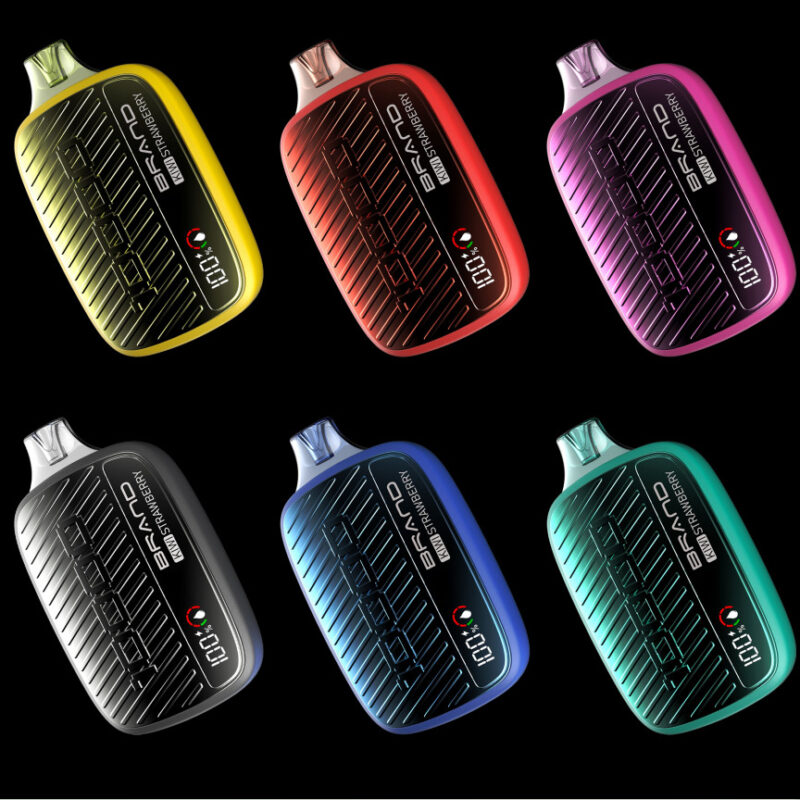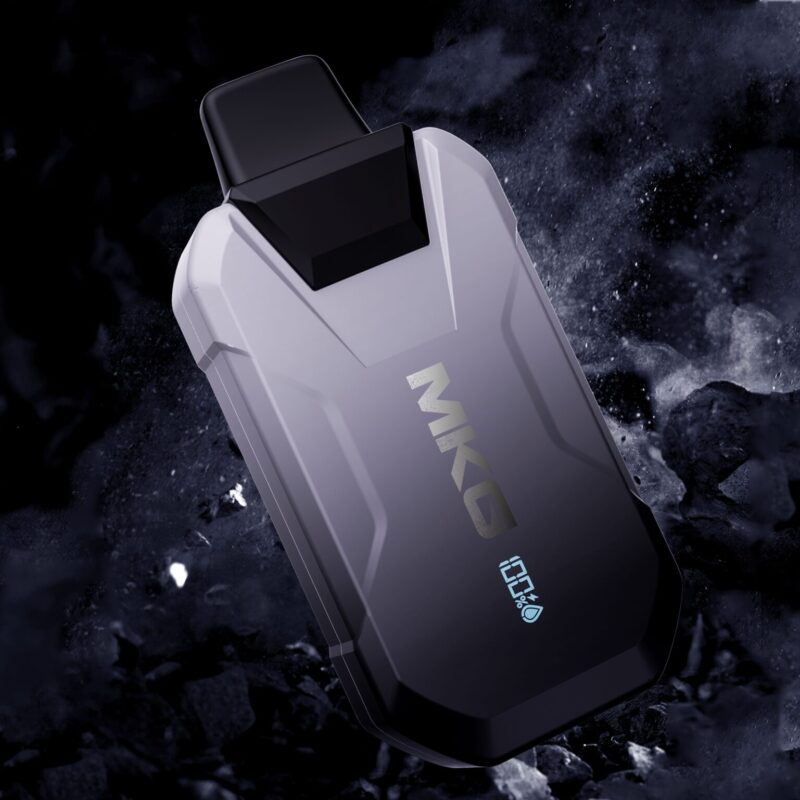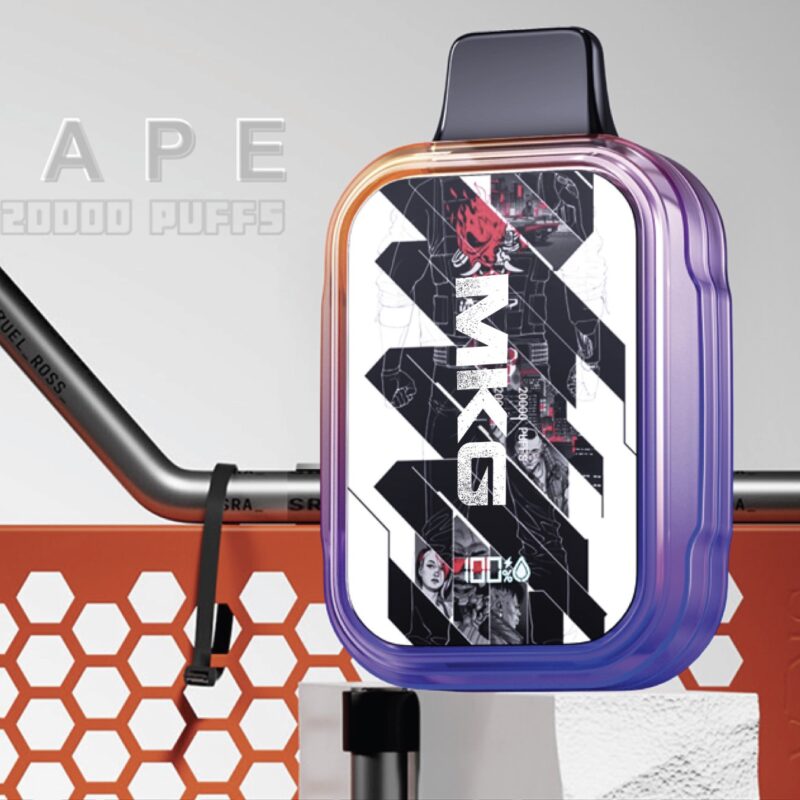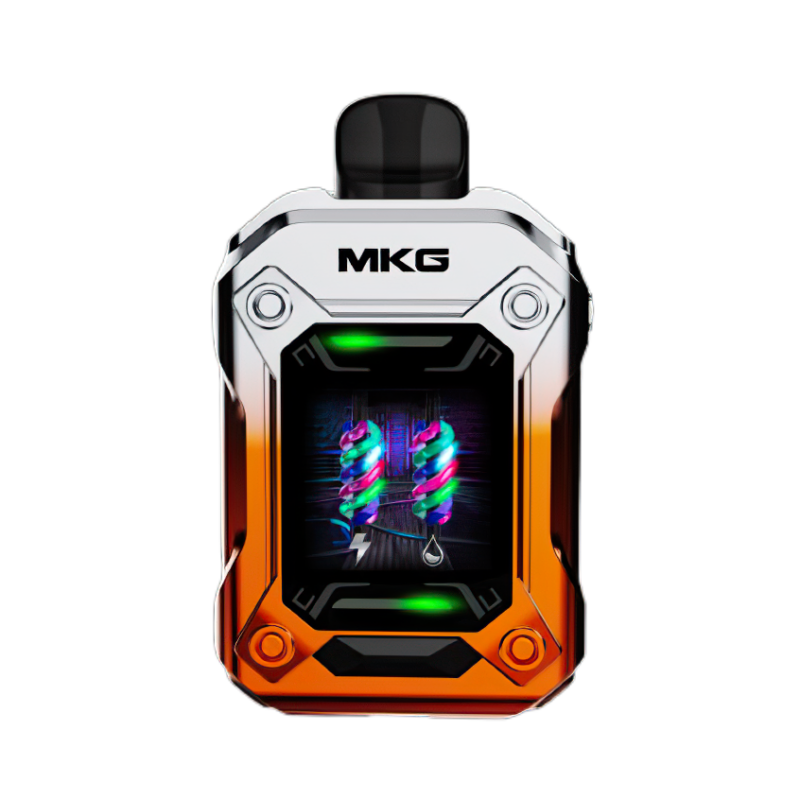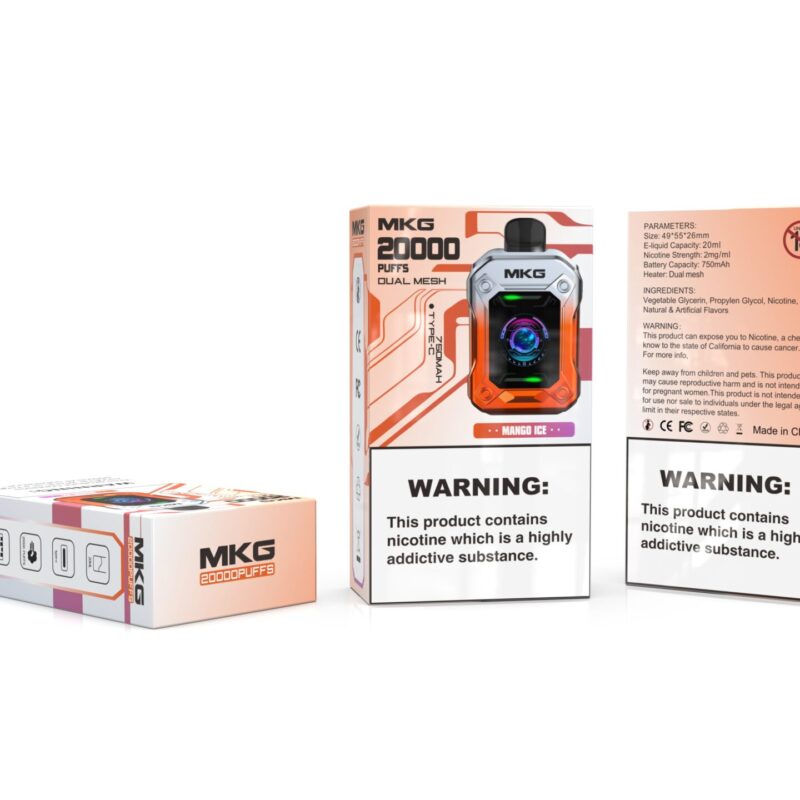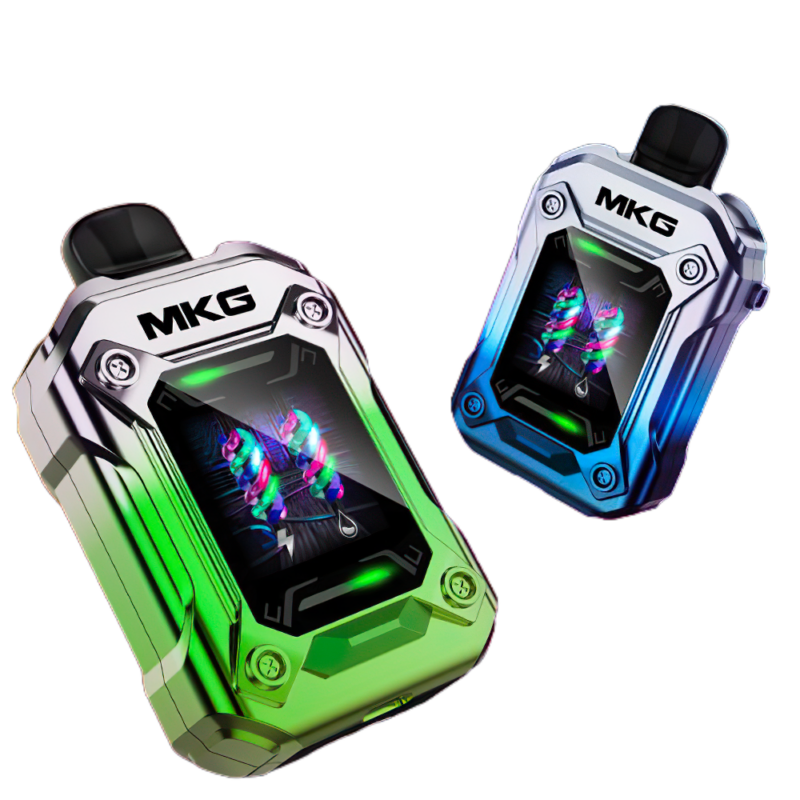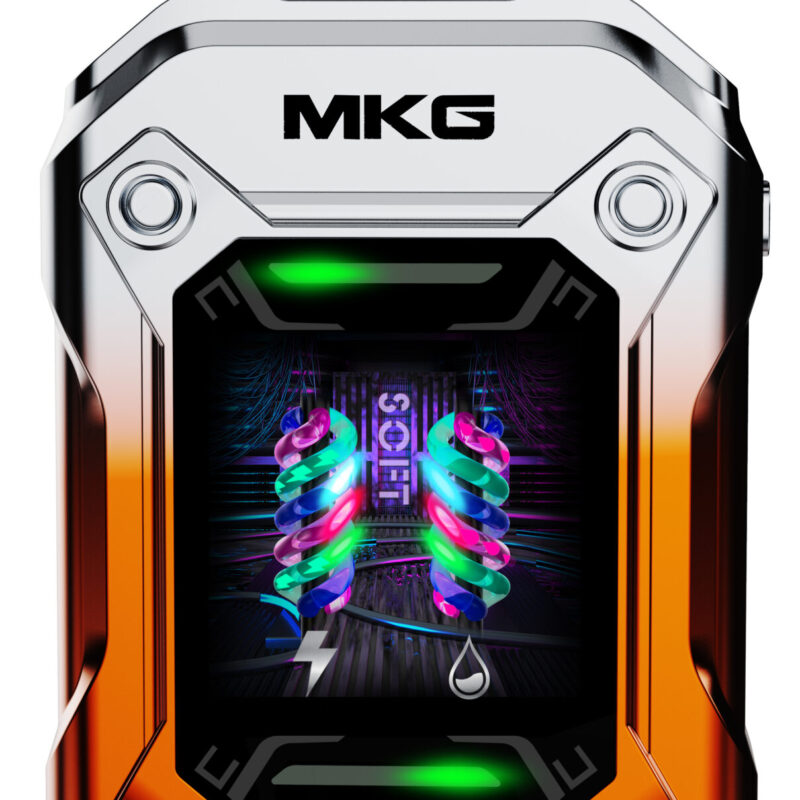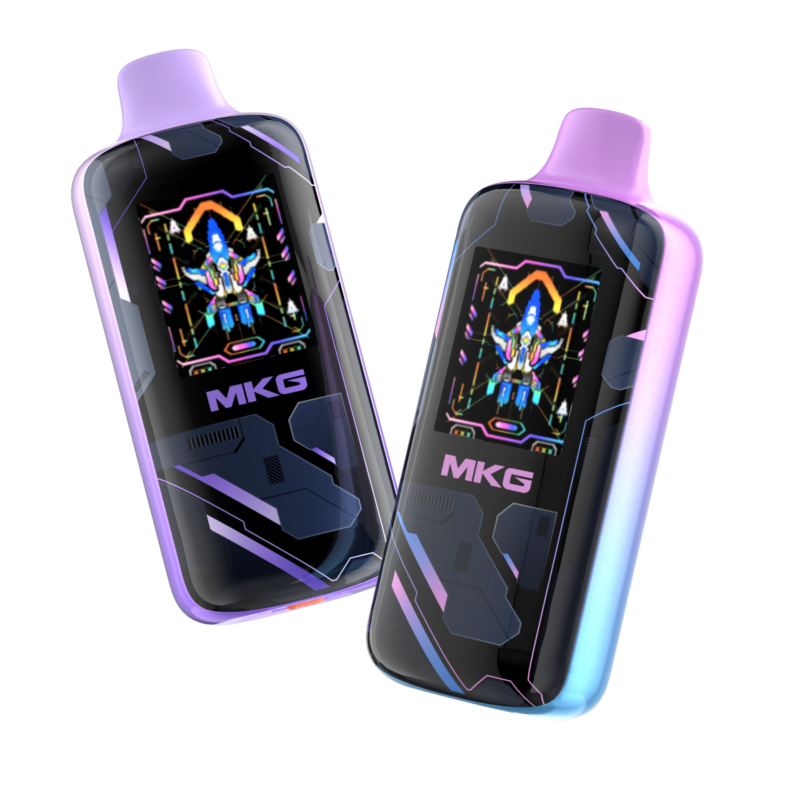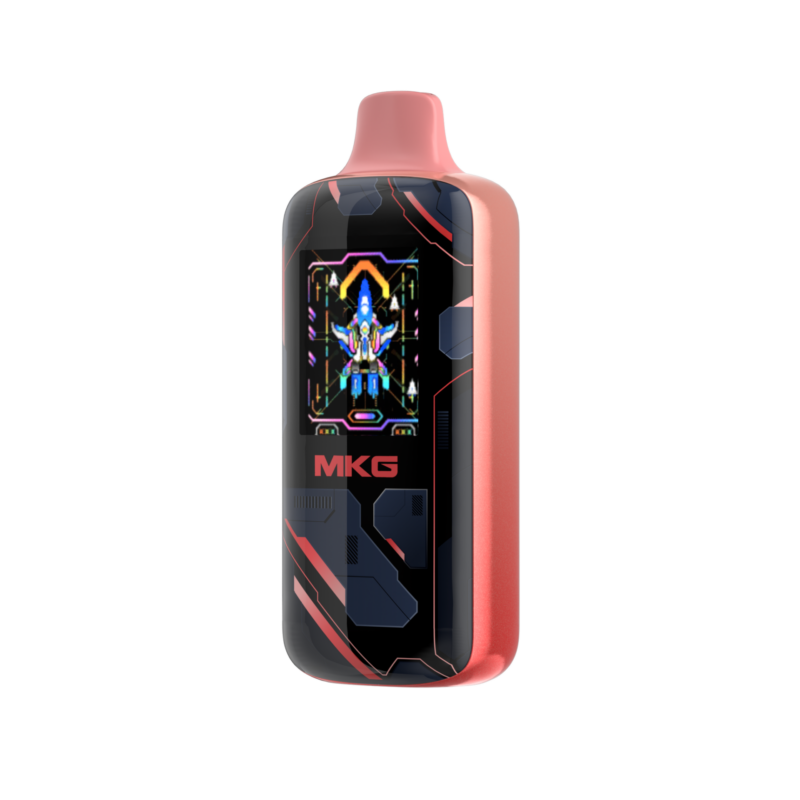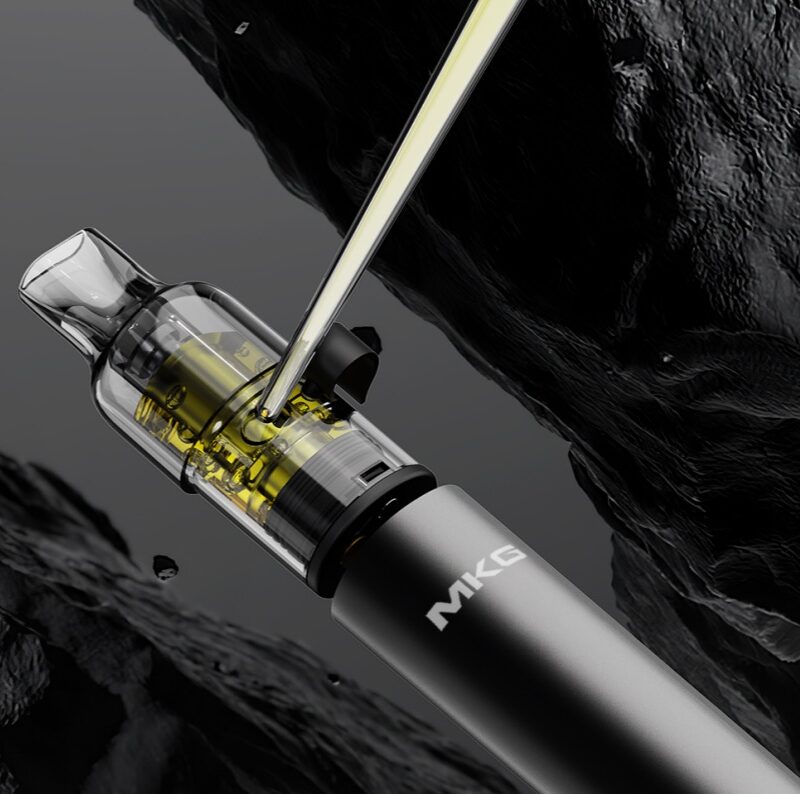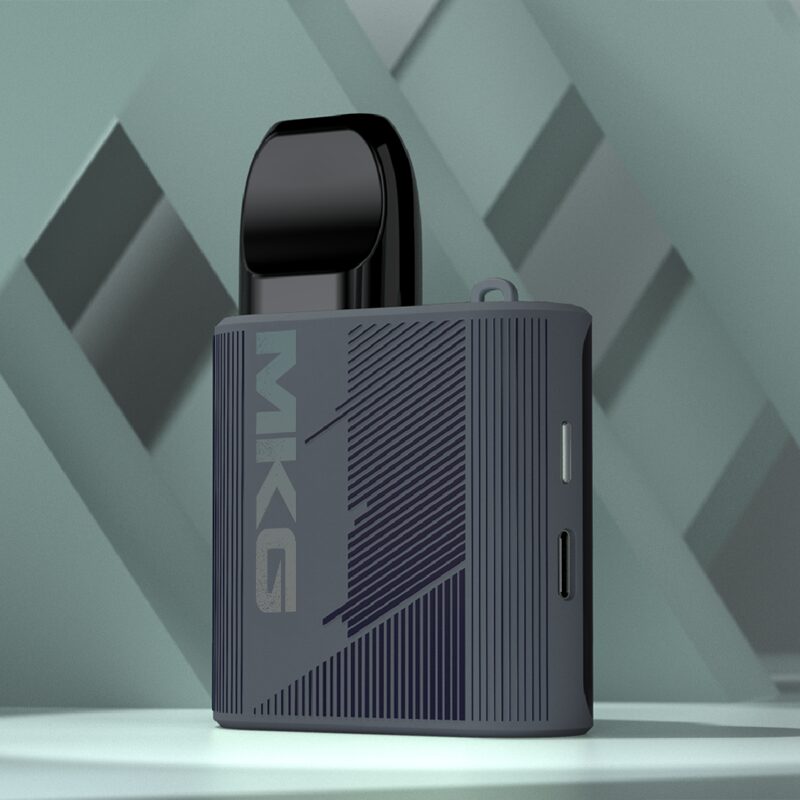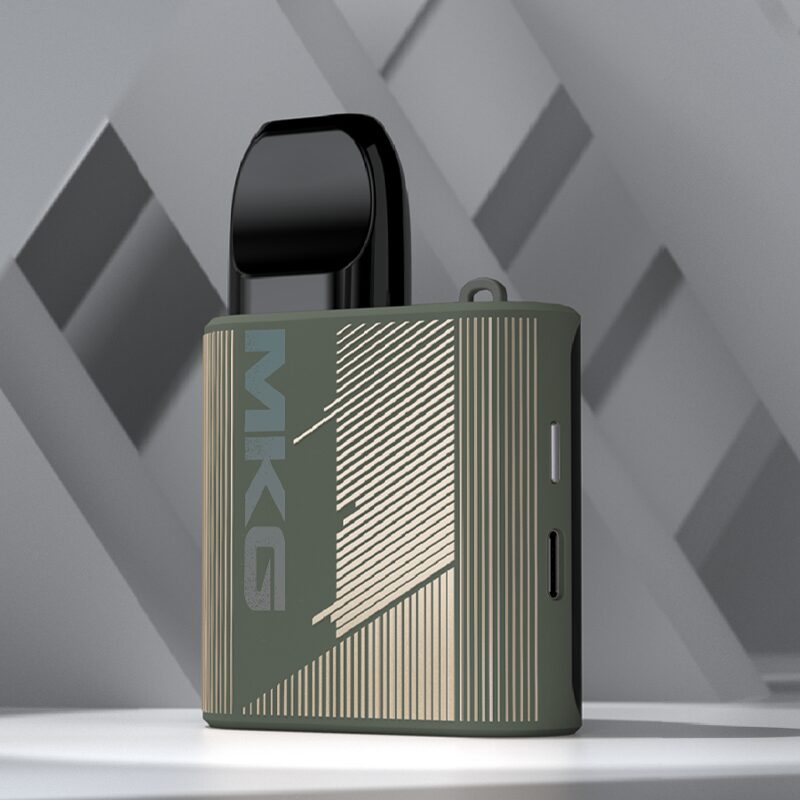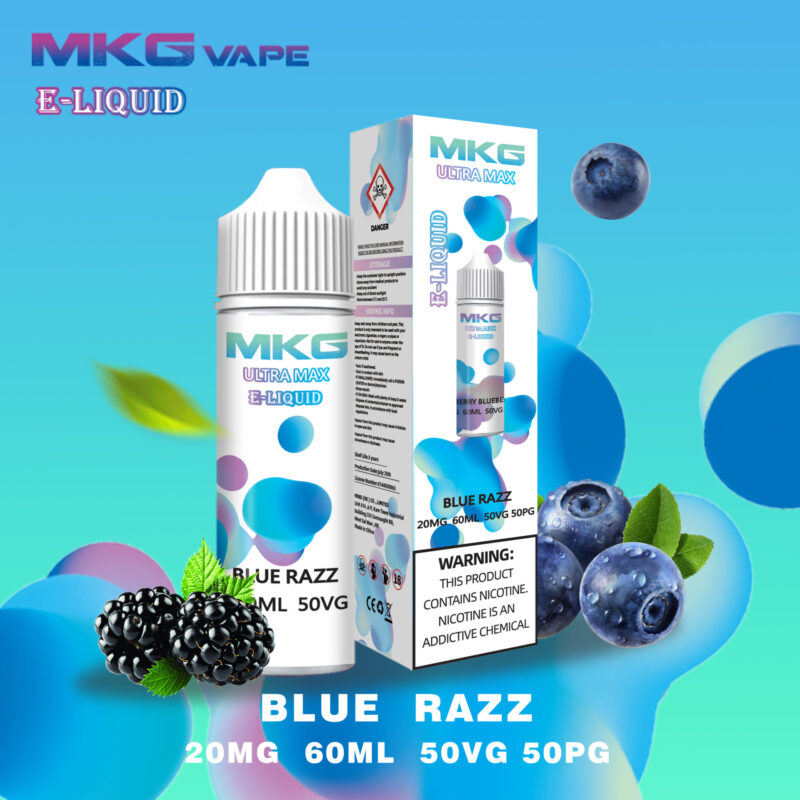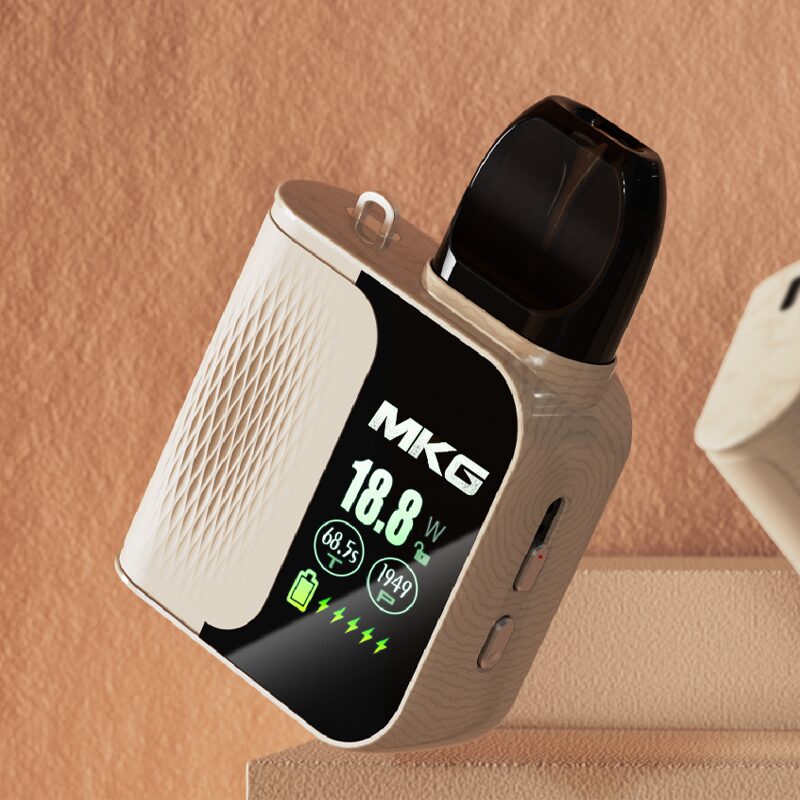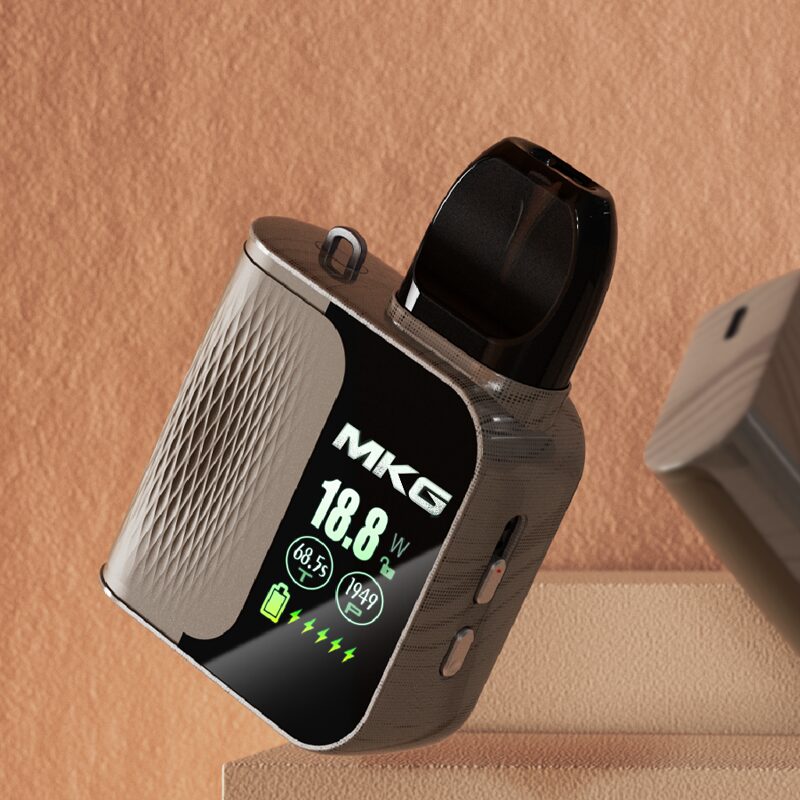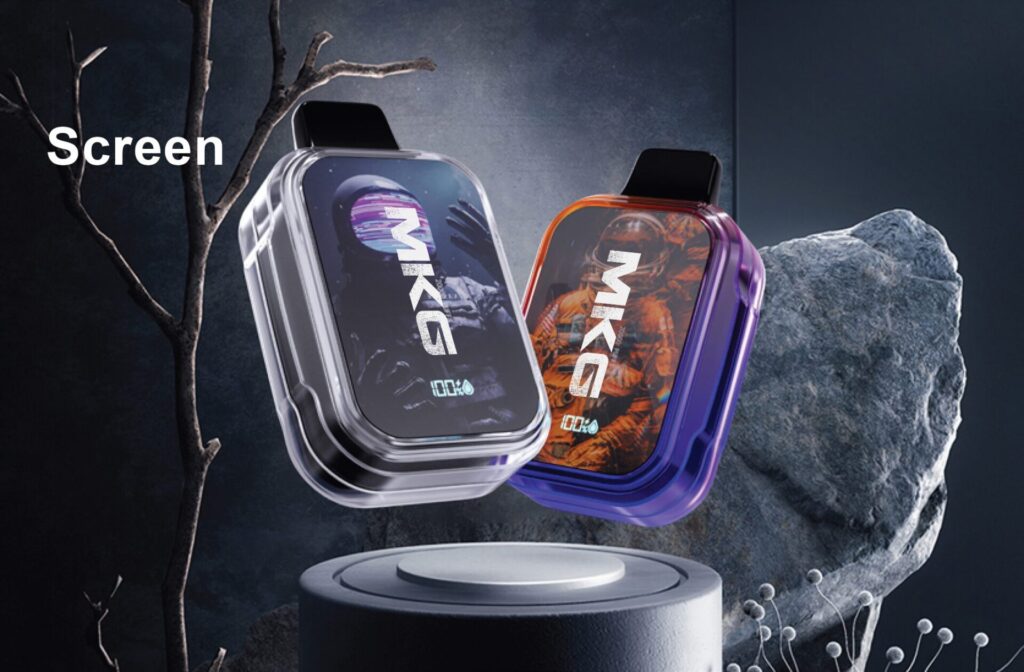Foreword:
As mentioned in the previous article, the import alert mechanism is an important means for the FDA (U.S. Food and Drug Administration) to ensure that imported products comply with its regulatory requirements. For products included in the import alert red list, the customs will forcibly detain these products at the port of entry for further inspection. This is the DWPE system (Detain Without Physical Examination).
As of July 12, 2023, a total of three batches of e-cigarette companies have been included in the FDA import alert red list. This has brought certain challenges to China’s e-cigarettes going overseas. It is expected that they will be on the red list during the subsequent PMTAs (Premarket Tobacco Product Applications) review. companies will encounter greater difficulties. At the same time, it is not ruled out that China’s tobacco regulatory authorities will tighten the issuance and extension of enterprise licenses due to the impact of the red list.
In this context, Zheng Mingwei’s legal team organized professionals from China and British and American law to jointly sort out the reasons why Chinese e-cigarette companies were included in the FDA import alert list and the response principles, aiming to help restricted companies more accurately understand the removal of the import alert list conditions and approaches, and also provide help for more companies to deeply understand the FDA regulatory framework.
1. Common reasons why Chinese e-cigarette companies are included in the import alert list
As of July 12, 2023, the FDA has issued a total of three import alerts (#98-06, #98-07, #98-08) to Chinese e-cigarette companies, involving 160 products from more than ten e-cigarette companies. Variety of products.
The reasons why three batches of Chinese e-cigarette companies were placed on the FDA import alert red list include: (1) Adulteration [#98-06, #98-07], mainly for flavored products without marketing permission. (2)Misbranded【#98-08】.
Pursuant to Section 801(a)(3) of the Federal Food, Drug, and Cosmetic Act (FD&C), for food, drugs, devices, tobacco products, and cosmetics that are being imported or proposed to be imported into the United States If the goods are found to be adulterated or mislabeled through inspection or other means, such goods may be refused entry.
2. Key interpretations of e-cigarette import alerts
(1) Adulteration
According to the definition in the FD&C Act, any tobacco product that was not commercially sold in the U.S. commercial market (including the test market) on February 15, 2007 is a new tobacco product (New Tobacco Products) “Section 910(a)(1) ”.
The FD&C Act, as amended by the TCA (Family Smoking Prevention and Tobacco Control Act), requires that any new tobacco products must undergo FDA review before being marketed. Section 910(a)(2) of the FD&C Act requires new tobacco products to obtain marketing authorization issued under section 910(c)(1)(A)(i) of the FD&C Act.
Currently, the main way for new tobacco products to obtain valid marketing authorization in the United States is to submit premarket applications (PMTAs). PMTAs apply to all categories of new tobacco products. Applicants need to provide FDA with scientific data, manufacturing standards and other information to prove that the new tobacco products meet the requirements for protecting public health (Appropriate for the Protection of Public Health, APPH).
Tobacco products that are subject to premarket review under section 910(a) but do not have a valid marketing authorization under section 910(c)(1)(A)(i) shall be considered adulterated. False “Section 902(6)(A)”.
In Import Alerts #98-06 and #98-07, tobacco products from a total of 14 Chinese e-cigarette companies were considered adulterated. The reason is that the Center for Tobacco Products (CTP) believes that these products may violate Section 902(6)(A) of the FD&C Act, that is, they are new tobacco products without marketing authorization.
According to data released by the FDA, since 2020, more than 26 million new tobacco products have been filed with PMTAs. As of July 12, 2023, only 23 e-cigarette products and devices have been effectively authorized by the FDA under the PMTAs pathway. Literally understood, “no marketing authorization” should include the situation of not filing a PMTA and filing a PMTA but failing the review. In fact, products for which PMTAs have been filed but for which the FDA has not yet made a decision are still allowed to appear on the market.
In view of the limited data, we speculate that the situation referred to as “no marketing authorization” in import alerts #98-06 and #98-07 is mainly the situation where PMTA has not been submitted. It is worth mentioning that “no marketing authorization” is also the main reason why e-cigarette companies are issued warning letters by the FDA.
In Import Alerts #98-06 and #98-07, most of the objects restricted due to adulteration are flavored e-cigarette products. The FDA commissioner has stated that protecting youth from tobacco products is the FDA’s top priority. The FDA even identified flavored e-cigarettes as the first in the enforcement order in its Enforcement Priorities for Electronic Nicotine Delivery Systems (ENDS) and Other Deemed Products on the Market Without Premarket Authorization because the FDA believes that flavored e-cigarettes E-cigarettes (such as watermelon flavor, strawberry flavor, etc.) are highly attractive to young people. Therefore, flavored e-cigarette products that have not yet obtained effective marketing authorization and are very popular among teenagers have become the focus of FDA enforcement.
(2) Label error
In Import Alert #98-08, two Chinese e-cigarette companies were placed on the red list after being accused of violating labeling requirements. Section 903(a)(2) of the FD&C Act provides that a packaged tobacco product will be considered misbranded unless the label contains the following four pieces of information: (A) The information of the manufacturer, packer, or distributor of the tobacco product Name and place of business; (B) Accurate representation of the quantity of contents in terms of weight, size, or count; (C) The percentage of domestically grown tobacco and the percentage of foreign grown tobacco in the tobacco used in the product; (D) “Allowed only in the United States Sale” statement.
In contrast, violations due to labeling errors are easier to correct than cases of missing marketing authorization. In the absence of a marketing license, especially for flavored e-cigarettes, you can only apply for removal after rectification and compliance. Removal from the import alert list is more difficult.
(3) Removal from import alert list
The basis for FDA’s decision to remove a product or company from the Import Alert Red List is to prove that the situation that led to the violation has been resolved, and this evidence can convince the FDA that the company’s future product entry will comply with the FD&C Act. Depending on the alleged violation in the import alert, the content of evidence that a restricted company should submit will vary. If it is a product subject to DWPE based on Section 801(a)(3) [Adulteration, Mislabeling], the applicant needs to provide at least five consecutive non-violating commercial shipment records. This step is to prove that the corrective actions taken by the company are effective and continuous, so that the FDA believes that the violation has been corrected and is suitable for removal from the import alert list. (For specific removal conditions, please refer to the US FDA Import Alert and Removal Application Guidelines (1) for e-cigarette companies)
In addition to the evidence mentioned above, the applicant should also describe in detail the measures it has taken to prevent the recurrence of violations, including an analysis of the root causes of the violations and a description of how the company resolved the violations. This is actually Requires the establishment of a compliance system.
Flavored e-cigarettes are currently the main products of some companies. On the one hand, it requires the bravery of a strong man to recognize the compliance trend. On the other hand, through structural arrangements, maintaining operating income without affecting the entity’s compliance may also be a plan that needs to be verified by lawyers, accountants, and tax accountants in the future.
3. Principles of response after being included in the import alert list
(1) Actively communicate and understand the specific reasons
The most intuitive negative impact on companies from being included in the red list of the import alert is that the FDA will implement DWPE on restricted products and companies in accordance with Section 801(a) of the FD&C Act. Unable to enter the United States, the world’s largest e-cigarette market, e-cigarette companies lose a major sales market. Therefore, e-cigarette companies that are included in the import alert list should fully understand the relevant requirements for tobacco products under FDA supervision and identify violations. Good communication with the FDA also needs to be maintained to ensure communication and information sharing throughout the removal process. In addition, you should check the FDA’s official website regularly and pay attention to announcements, guidelines, seminars and related policy documents issued by the FDA to avoid missing important information updates.
(2) Seek truth from facts and take the opportunity to initiate compliance
Being included in the red list means that the FDA has doubts about the safety and compliance of the imported product or enterprise and requires further control and supervision. This can seriously damage a company’s reputation, as the public will largely assume that restricted products do not meet quality standards. I believe that in the subsequent PMTAs review, companies that have been non-compliant for a long time or have been included in the import alert red list many times will encounter greater difficulties. In general, sooner or later, we have to face it and rectify it.
Comprehensive compliance is a solid foundation for long-term operations and is also an important requirement for enterprises under British and American law. In the context of economic globalization, corporate compliance is not only conducive to compliance with domestic and foreign laws and regulations, but also helps maintain corporate reputation. Initiating comprehensive compliance can greatly reduce the risk of trade controls and sanctions. In addition, reality also requires e-cigarette companies to comply with regulations. On the one hand, most e-cigarette companies are waiting in line for PMTAs review. It is also foreseeable that companies on the import alert red list will be required to correct previous non-compliance and apply more stringent review conditions; on the other hand, they may be punished in the United States. It will attract the attention of China’s tobacco authorities, which will affect the extension and issuance of e-cigarette licenses. This situation has happened many times in Chinese concept stocks in the United States, such as Luckin Coffee.
(3) Forming a professional team to respond
The company’s removal application must be submitted to the FDA’s Division of Import Operations (DIO). DIO will make a decision on whether to agree to the removal based on a review of the application materials. Once the decision is made, whether it is consent or disagreement, it is the conclusion of the removal application.
Therefore, it is recommended to seek help from professionals such as lawyers to prepare for removal from the import alert list. The help that lawyers can provide includes assessing corporate compliance risks, determining appropriate removal strategies and guiding the completion of application documents, following up on the progress of removal applications, and ensuring that all questions issued by the FDA receive timely and adequate responses. Companies can respond to being included in the import alert red list by forming a team of Chinese and American lawyers. Chinese lawyers have a better understanding of the specific domestic management and development goals of enterprises, and can easily establish trusting relationships with enterprises. They can coordinate U.S. legal resources on behalf of enterprises, and use professionals to command professionals to be more efficient and effective. They are currently the preferred method for some central enterprises and large enterprises. practice.
Conclusion:
In summary, after being included in the import alert red list, companies not only have to bear the negative impact of public opinion, but also bear additional inspection, detention and other costs. It is also expected that these companies will encounter difficulties when auditing PMTAs and will be treated differently and strict audit conditions will apply. Alert list removal applications involve complex content and cumbersome procedures, and companies usually need to provide hundreds of pages of supporting documents to the FDA. The most difficult point to prove in removing the import alert list is to ensure that it will not happen again. This point is essentially the establishment of a company’s compliance system under common law. In the next article, we will focus on the compliance points for e-cigarette companies to deal with the US FDA import alert red list from a common law perspective.


